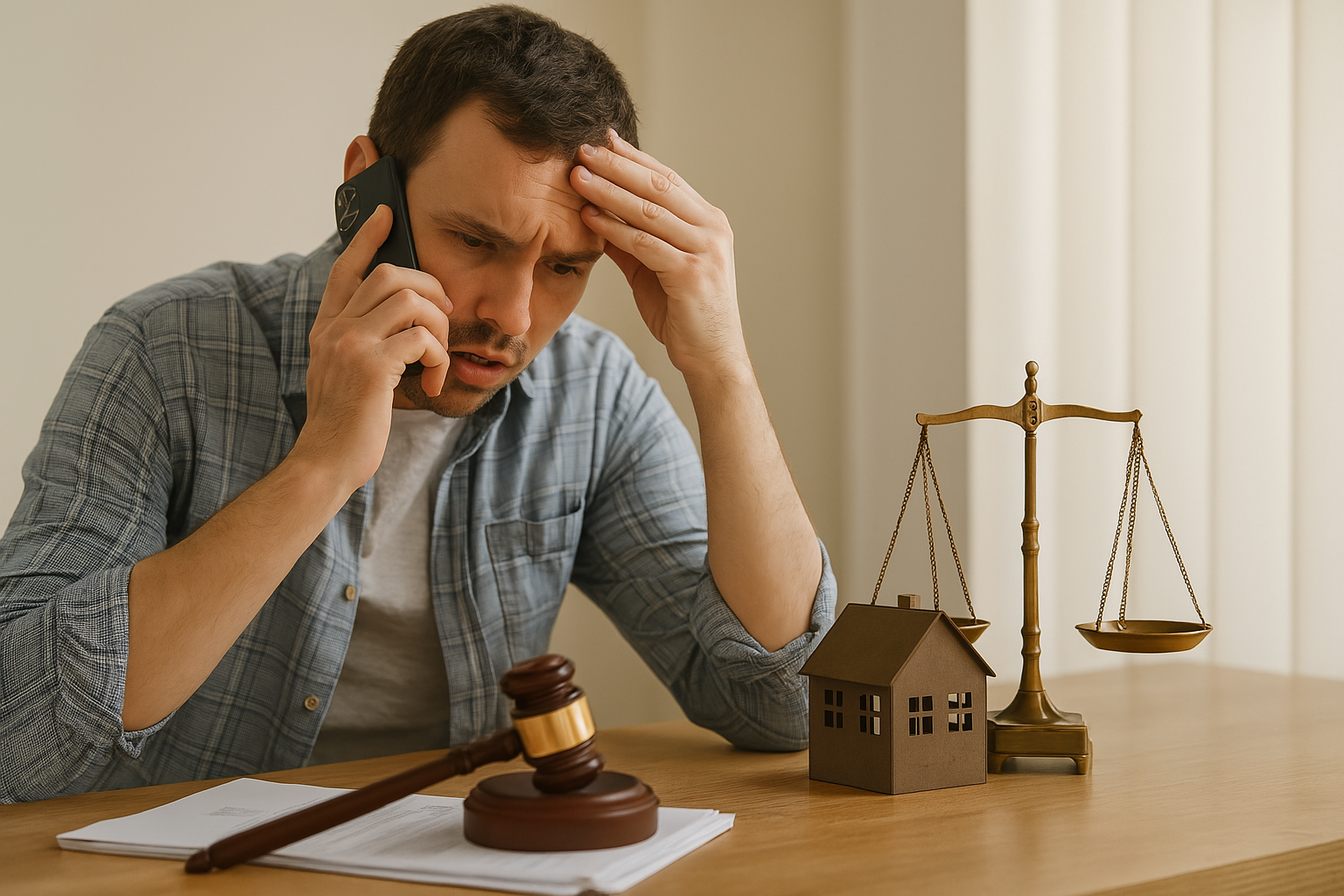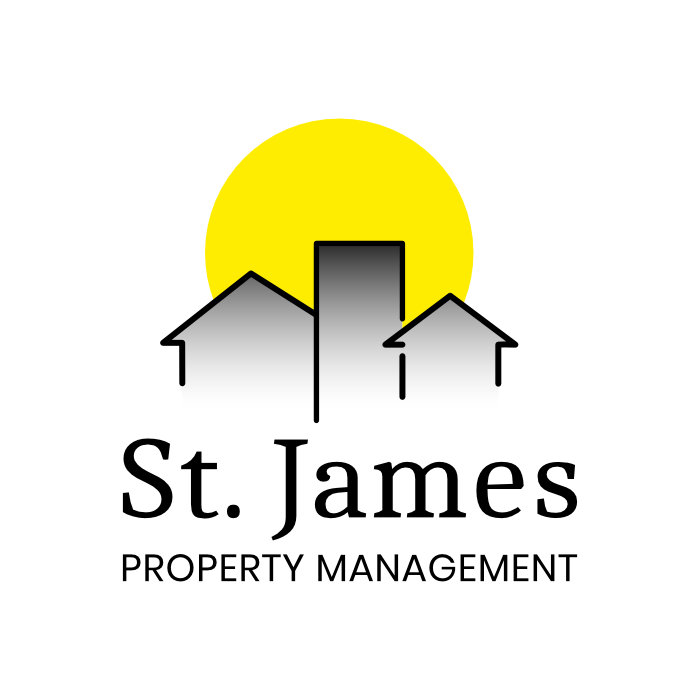Being a DIY landlord might seem like a great way to maximize rental income, but one small legal misstep can cost thousands of dollars in fines, lawsuits, or lost rental income. With landlord-tenant laws constantly evolving, many property owners unknowingly put themselves at risk by failing to comply with fair housing laws, security deposit regulations, or eviction procedures.
At St. James Property Management, we help property owners navigate the legal complexities of rental management—ensuring compliance, minimizing risk, and maximizing profitability. Below, we outline some of the most common legal pitfalls DIY landlords face and how to avoid them.
1. Unintentional Fair Housing Violations
The Fair Housing Act (FHA) prohibits discrimination based on race, color, national origin, religion, sex, disability, or familial status. However, many DIY landlords unknowingly violate these laws through:
Improper tenant screening (e.g., rejecting applicants based on personal bias rather than objective criteria)
Discriminatory advertising (e.g., using phrases like "perfect for young professionals" or "no kids allowed")
Failure to accommodate disabilities (e.g., denying a request for a service animal in a "no pets" unit)
🔹 How to Stay Compliant: St. James Property Management follows strict fair housing compliance protocols in marketing, screening, and tenant selection to protect landlords from potential lawsuits.
2. Security Deposit Mismanagement
Many states, including California, have specific laws governing security deposits, including:
Maximum allowable deposit amounts
How and where deposits must be held
Timelines for returning deposits after a tenant moves out
Legal reasons for withholding part or all of a deposit
Mishandling security deposits—even unintentionally—can result in double or triple the amount owed in penalties.
🔹 How to Stay Compliant: We handle security deposits according to California law, ensuring proper documentation and timely return, protecting landlords from costly disputes.
3. Using an Illegal or Outdated Lease Agreement
Many DIY landlords use generic lease templates found online, which may not be compliant with local laws. Some common issues include:
Lease terms that violate tenant rights (e.g., waiving liability for repairs that are the landlord’s responsibility)
Missing required disclosures, such as lead-based paint notices or bed bug addendums
Illegal clauses, such as automatic non-refundable deposits or excessive late fees
🔹 How to Stay Compliant: St. James provides legally sound lease agreements that are customized to California rental laws and protect landlords from future disputes.
4. Mishandling Evictions
Evictions are highly regulated, and landlords who improperly remove a tenant could face hefty fines or legal action for:
Skipping required notices before filing an eviction
Failing to follow proper court procedures
Using illegal eviction methods, such as changing locks or shutting off utilities
With recent changes in eviction laws, especially in rent-controlled areas, self-managing landlords must be extremely careful to follow due process.
🔹 How to Stay Compliant: St. James Property Management handles all eviction filings professionally and legally, ensuring landlords follow due process while minimizing losses.
5. Ignoring Habitability Laws
Landlords are legally required to provide tenants with a safe and habitable living space. Common violations include:
Ignoring repair requests, especially for heating, plumbing, or electrical issues
Failing to address mold, pest infestations, or structural hazards
Not providing legally required amenities, such as working smoke detectors
Tenants can legally withhold rent, sue for damages, or report landlords to local housing authorities if their rental unit does not meet habitability standards.
🔹 How to Stay Compliant: St. James provides 24/7 maintenance services, ensuring all landlord obligations are met and reducing the risk of tenant disputes.
Protect Your Investment—Partner with St. James Property Management
DIY property management can quickly turn into a legal and financial nightmare if landlords aren’t up to date on evolving rental laws. From lease compliance to security deposit handling and evictions, St. James Property Management takes the legal guesswork out of rental ownership—allowing landlords to focus on maximizing returns without unnecessary risk.
📞 Need help managing your rental property legally and efficiently? Contact St. James Property Management today!
Disclaimer: This blog post is provided for informational purposes only and is not intended as legal advice. Always consult with an attorney for specific legal guidance regarding your property.


